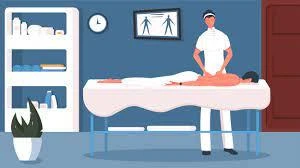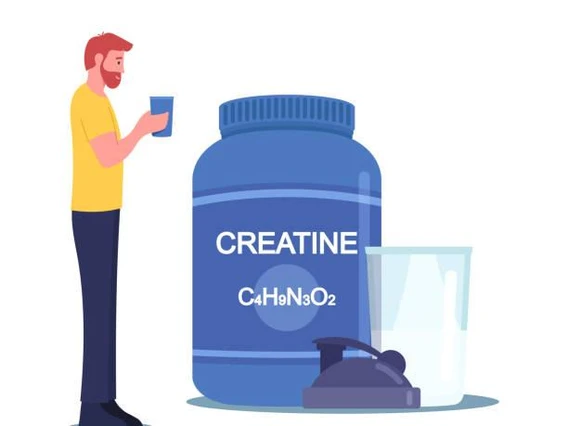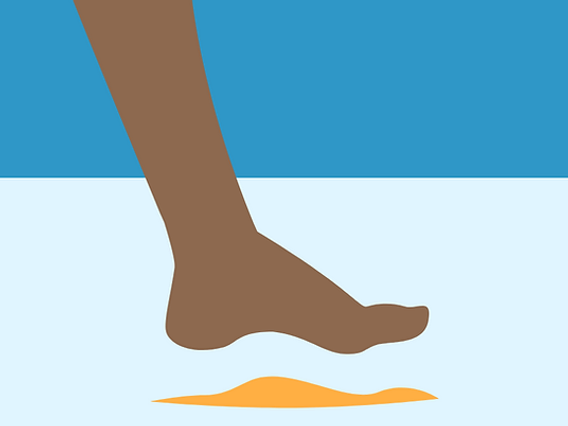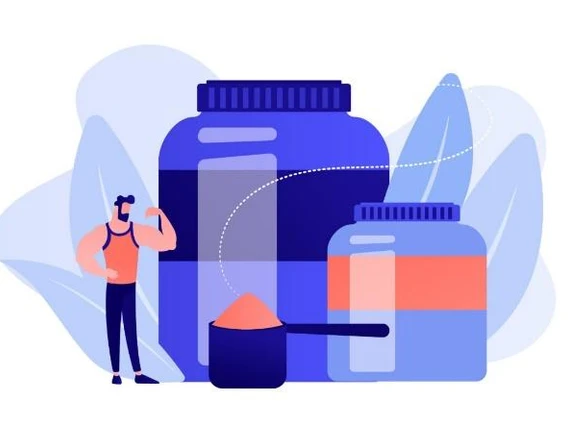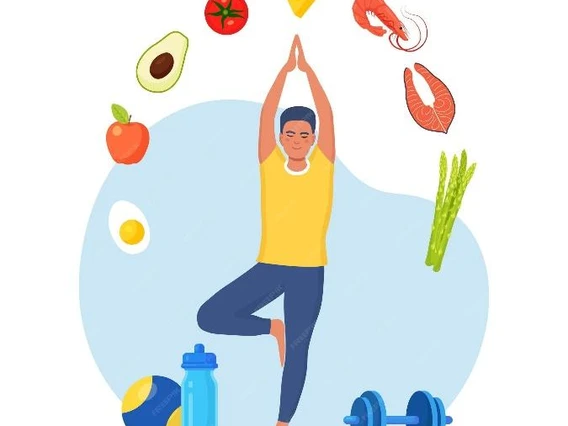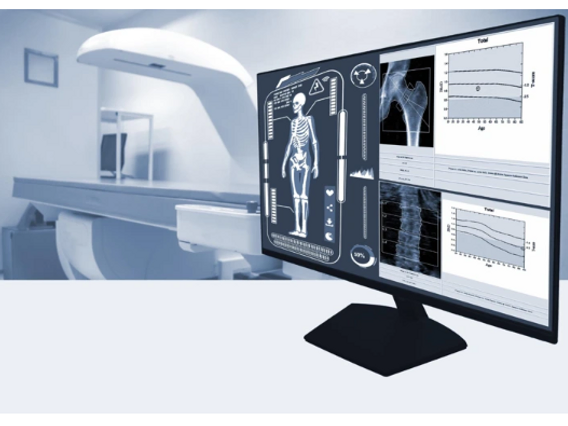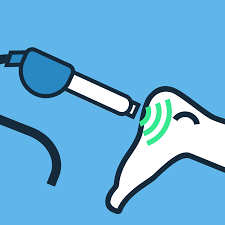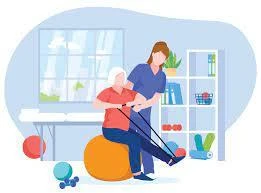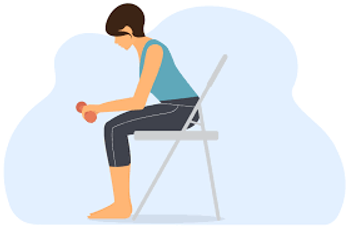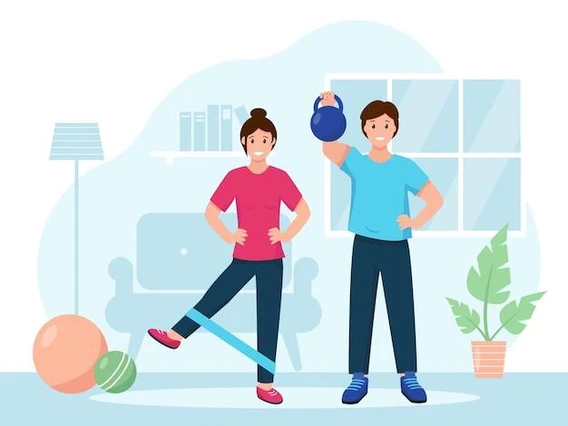How Much Water Do I Need?
The amount of water an individual needs can vary based on several factors, including age, sex,

weight, physical activity level, climate, and overall health. Adequate hydration is essential for maintaining bodily functions, regulating body temperature, and supporting various physiological processes. Here are general guidelines to help you determine how much water you need:
National Academies of Sciences, Engineering, and Medicine Recommendations:
The National Academies of Sciences, Engineering, and Medicine provides general guidelines for daily water intake, which include water obtained from beverages and food:
For Men:
- About 3.7 liters (125 ounces) per day, including all beverages and food.
For Women:
- About 2.7 liters (91 ounces) per day, including all beverages and food.
These recommendations include fluids from all sources, not just water. About 20% of our daily fluid intake typically comes from food.
Individual Factors to Consider:
1. Physical Activity:
Individuals who engage in regular physical activity may need more water to compensate for fluid loss through sweating. The American Council on Exercise suggests an additional 8 ounces of water for every 20 minutes of exercise.
2. Climate:
Hot or humid weather increases the need for water due to increased sweating. In such conditions, you may need to drink more to stay adequately hydrated.
3. Health Conditions:
Certain health conditions, such as fever, vomiting, or diarrhea, can lead to increased fluid loss and may require higher fluid intake. Pregnant or breastfeeding women may also have different hydration needs.
4. Individual Variability:
Everyone is unique, and individual hydration needs can vary. Factors like age, weight, and metabolic rate play a role in determining how much water an individual requires.
Signs of Hydration:
Pay attention to your body’s signals to assess your hydration status. Signs of proper hydration include:
- Light yellow urine: Clear or light yellow urine generally indicates adequate hydration.
- Thirst: Feeling thirsty is a natural signal that your body needs fluids.
- Normal energy levels and alertness: Proper hydration supports overall well-being and cognitive function.
Hydration Tips:
- Drink water throughout the day: Sip water consistently rather than trying to consume large amounts at once.
- Include water-rich foods: Consume foods with high water content, such as fruits and vegetables.
- Carry a reusable water bottle: Having a water bottle with you makes it convenient to stay hydrated throughout the day.
Remember that individual needs can vary, and it’s essential to adjust your water intake based on your specific circumstances. If you have specific health concerns or conditions that may affect your hydration needs, it’s advisable to consult with a healthcare professional for personalized guidance.


